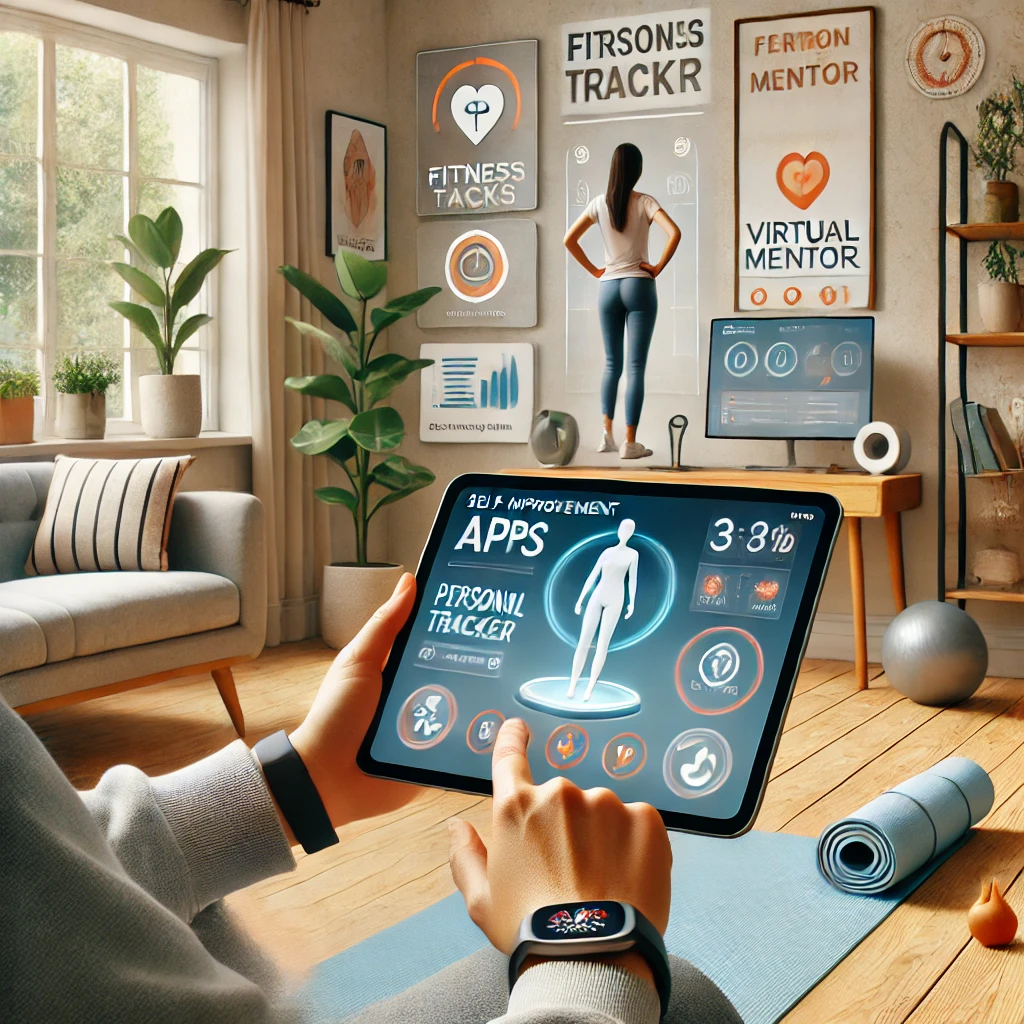

In the digital age, personal growth and development have taken on a new dimension thanks to the widespread availability of technology. From fitness trackers to self-improvement apps, virtual mentors, and online learning platforms, individuals now have more tools than ever to pursue their personal goals and develop new skills. Whether it's improving mental health, enhancing physical fitness, or expanding knowledge, technology is playing a vital role in helping people take control of their personal development.
One of the most popular uses of technology for personal growth is fitness. Wearable devices, such as fitness trackers and smartwatches, have transformed how people monitor their health. These devices track physical activity, heart rate, and even sleep patterns, allowing users to set goals, monitor progress, and receive personalized health insights. Fitness apps provide users with workout routines, track calorie intake, and offer motivation to stay active, all from the convenience of a smartphone.
Mental health and wellness are also being revolutionized by technology. Apps designed to support mental health offer a range of services, from meditation and mindfulness exercises to stress management and emotional well-being programs. These tools enable individuals to improve their mental health at their own pace, making self-care more accessible and convenient. Virtual therapy sessions and mental health chats have also become more common, providing real-time support for those in need.
Self-improvement apps are another area where technology is aiding personal development. These apps offer a wide range of resources for individuals looking to build habits, increase productivity, or improve time management. Users can set daily goals, track their progress, and receive reminders, making it easier to stay committed to their personal growth journeys. With so many self-improvement tools available, it’s now easier than ever to adopt and maintain positive changes.
Technology is also playing a significant role in skill development and continuous learning. Online courses and virtual learning platforms provide people with the opportunity to learn new skills, whether for personal enrichment or career advancement. From language learning apps to coding tutorials, individuals can now access education on-demand and tailor their learning experiences to their specific needs. This level of accessibility makes lifelong learning a reality for many.
One of the most exciting developments in the realm of personal growth is the rise of virtual mentors. These AI-powered tools offer personalized advice and guidance, helping individuals stay focused on their goals. Virtual mentors can help with anything from career development to fitness and wellness, offering real-time feedback and suggestions based on the user's progress. This type of support can be invaluable for individuals who want consistent guidance but may not have access to a human mentor.
Technology is also enhancing motivation and accountability. With progress trackers, reminders, and feedback loops built into many apps, users can stay motivated to achieve their goals. Social platforms and online communities provide additional support by connecting individuals with others on similar journeys. Sharing progress, challenges, and achievements with a supportive community can provide the encouragement needed to stay on track.
In conclusion, technology is playing an increasingly important role in personal growth and development. From fitness and mental health to learning new skills and achieving personal goals, technology provides the tools and support needed to make progress in every aspect of life. By integrating these digital resources into their daily routines, individuals can take greater control of their personal growth and reach their full potential in the age of technology.
I appreciate how Fresnovbc discusses both the pros and cons of these changes.
There are no comments yet, the first one can be written.
Add a comment